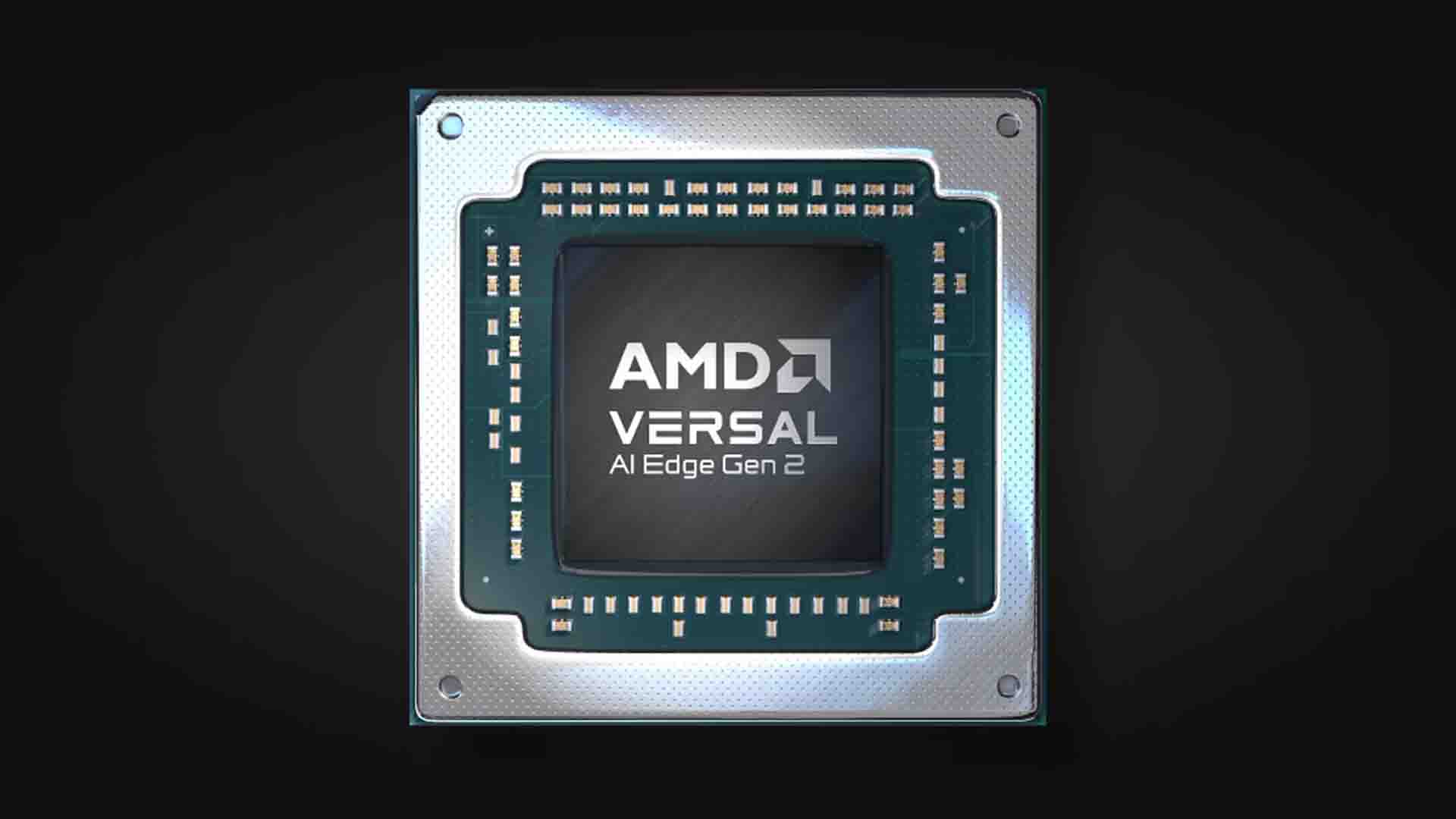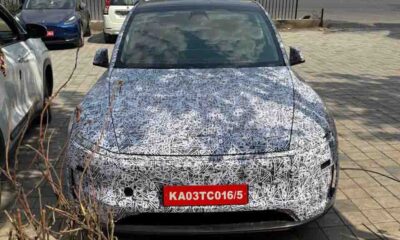AI
AMD announces Versal Gen 2 AI chips with improved AI performance

AMD today announced new Versal Gen 2 AI chips including AI Edge Series Gen 2 and Prime Series Gen 2 Adaptive system on chips.
These two new additions to the Versal SoCs bring improved preprocessing, AI inference, and postprocessing in a single device for end-to-end AI acceleration on embedded systems.
The Gen 2 Versal solutions are based on the first generation with new AI engines. It delivers 3 times higher TOPs-per-watt compared to the first-gen Versal AI Edge series chip. The performance of integrated Arm CPUs increases up to 10 times scalar compute.
The new AI Edge Series is a mix of processors for three phases of AI-driven embedded system acceleration. These are:
- Its FPGA programmable logic for real-time preprocessing provides flexibility to connect to a wide range of sensors and implement high-throughput, low-latency data processing applications.
- It has an array of vector processors in the form of next-gen AI engines for efficient AI inference.
- New SoC provides postprocessing power for decision-making and control for safety-critical applications.
Versal Prime Series Gen 2:
The AMD Versal Prime Series Gen 2 on the other hand brings end-to-end improvement for traditional, non-AI-based embedded systems by combining programmable logic for sensor processing with high-performance embedded Arm CPUs.
It is designed to provide 10 times more scalar computing compared to the first generation of the same SoC.
The Prime Series Gen 2 has a new hard IP for high-throughput video processing which includes up to 8k multi-channel workflows. This solution fits for applications such as ultra-high definition (UHD) video streaming and recording, industrial PCs, and flight computers.
Availability:
AMD Versal AID Edge SEries Gen 2 and Versal Prime Series Gen 2 early access documentation and first-gen Versal evaluation kits and design tools are available today for designers.
The silicon samples for Versal Series Gen 2 are likely to be available in the first half of 2025. It will be followed by evaluation kits and system on module samples in mid-2025 and production silicon could come in late 2025.
(source)












